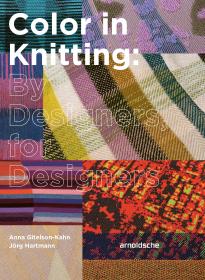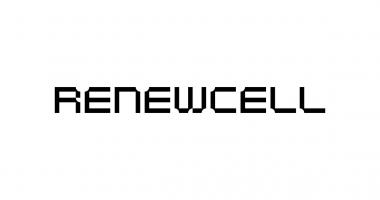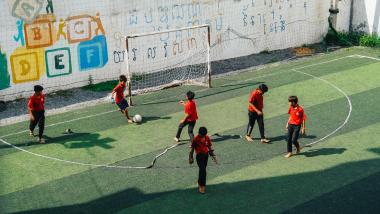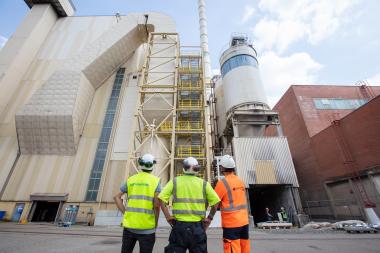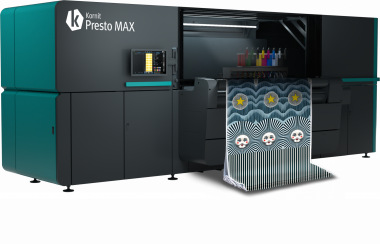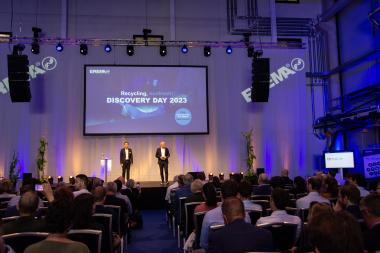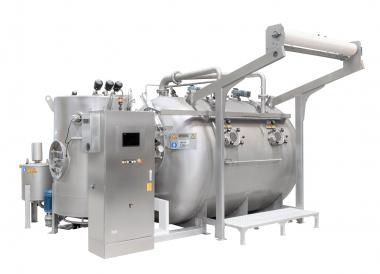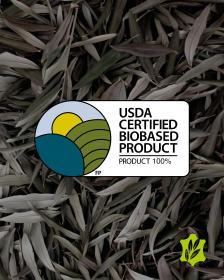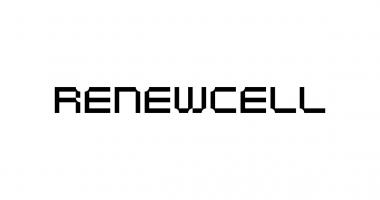Launch of STOLL's latest collection COLOR IN KNITTING
Just in time for ITMA 2023 in Milan, the flat knitting machine manufacturer STOLL has launched its new collection COLOR IN KNITTING. It holds a range of knitting techniques that were ideated for novel super fine machine gauges such as the E20.
In addition, STOLL reveals its internal design workflow, showcasing how digital software tools can speed up the design process. The core of this is k.innovation CREATE DESIGN. Through the utilization of STOLL’s jointly developed design software solution, k.innovation CREATE DESIGN, in collaboration with @KM.ON, the shape and structures of a garment, can be digitally created, allowing for its simulation before it is even knitted. The interfaces to various external 3D software tools, allow for a realistic representation of the garment facilitating faster design decisions. Once the virtual knits, made in the CREATE DESIGN software are ready for manufacturing, it will be send to a knitting technician for further processing in k.innovation CREATE PLUS, This significantly speeds up product development while reducing communication issues between designers and technicians.
Sustainability and responsible handling of precious natural resources were key factors driving the development of the latest trend collection, COLOR IN KNITTING. STOLL-knit and wear®, a technique that stands for seamless knitted garments, can play a significant role in reducing waste. In addition, fewer process steps are required in the production chain - with advantages for production efficiency.
For another highlight of COLOR IN KNITTING, the STOLL creatives have worked on imitating different yarn effects with knitting technology such as slub yarn optics or the simulation of fabrics like crepe de chine/crepe georgette
On the occasion of the 150th anniversary of STOLL, COLOR IN KNITTING features a selection of vintage pattern replicates. These patterns can be found in STOLL’s extensive sample archives in Reutlingen. It is impressive to learn that all these former fabric constructions can still be replicated today and also reinvented with todays machine features. This approach showcases the steep progression of technical advancements over the past 150 years.
STOLL´s latest trend collection culminates in the creation of an invaluable resource: the book “Color in Knitting: By Designers, for Designers”. This publication aims to cater to a diverse audience by presenting a comprehensive guide to designing with colors using various flat knitting technologies and will be presented in the chapter "Book release".
STOLL by KARL MAYER


